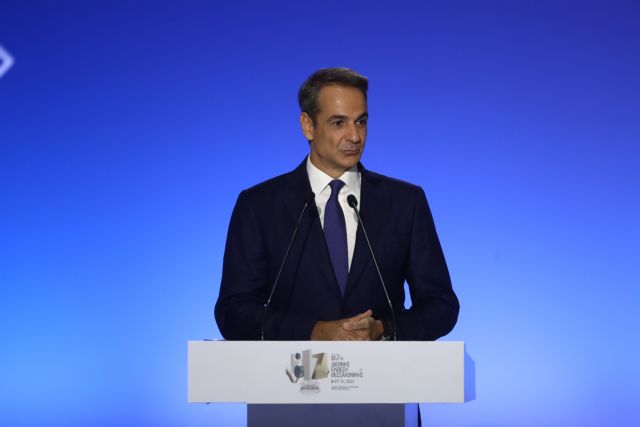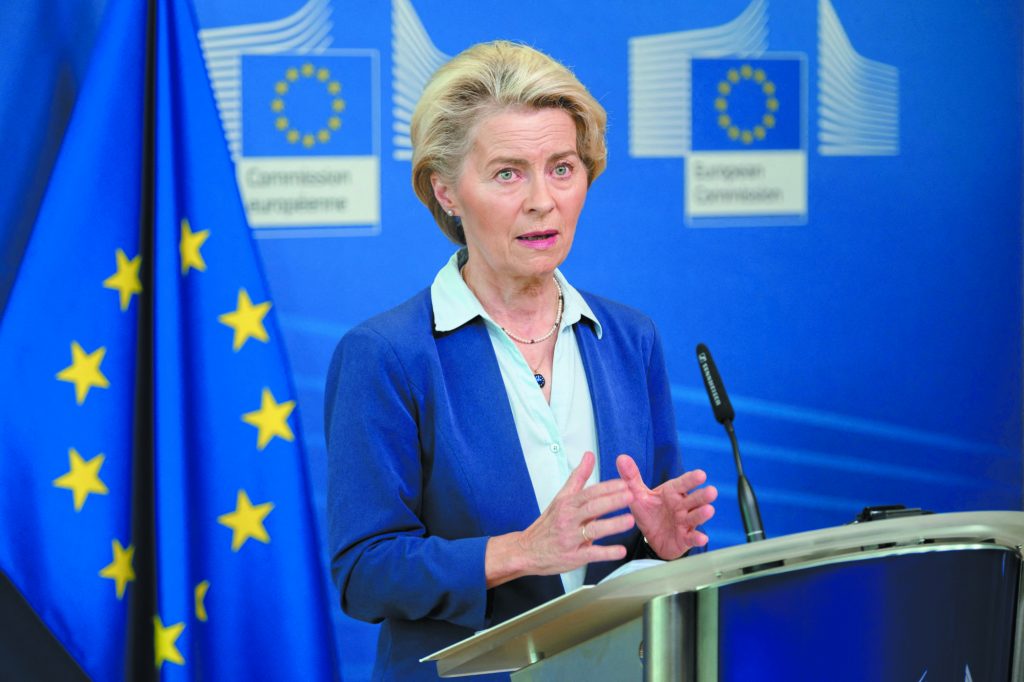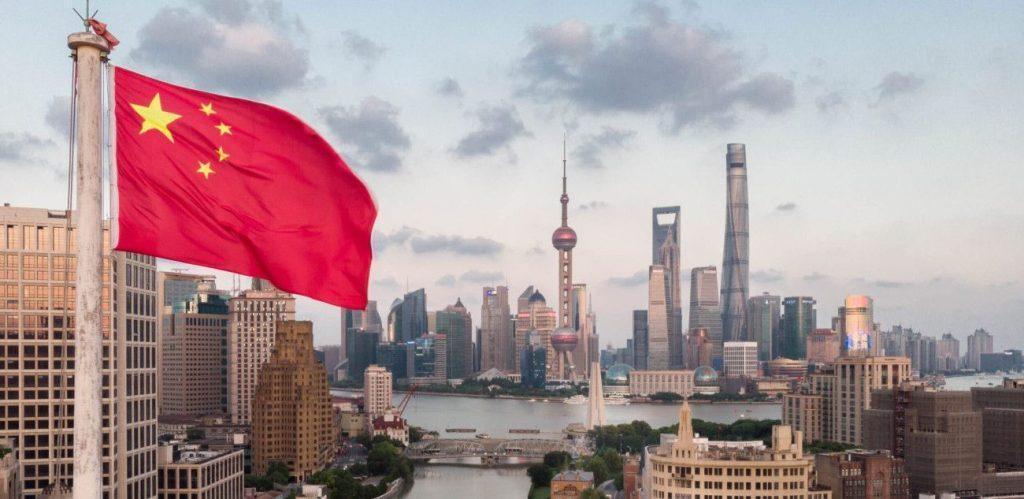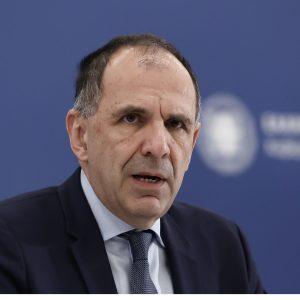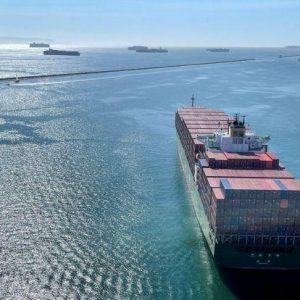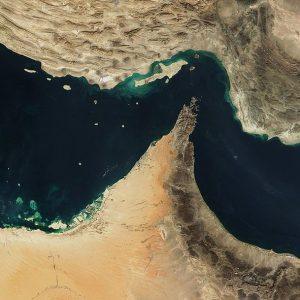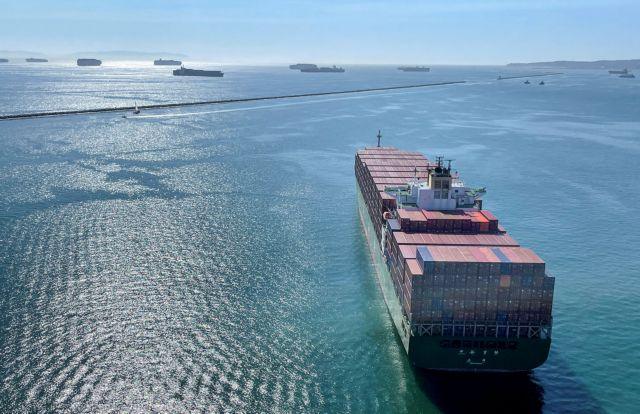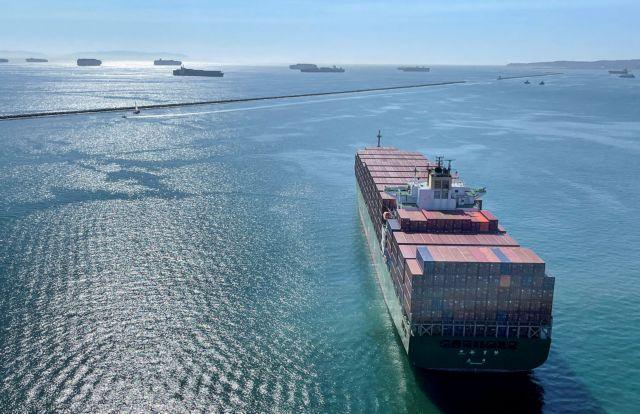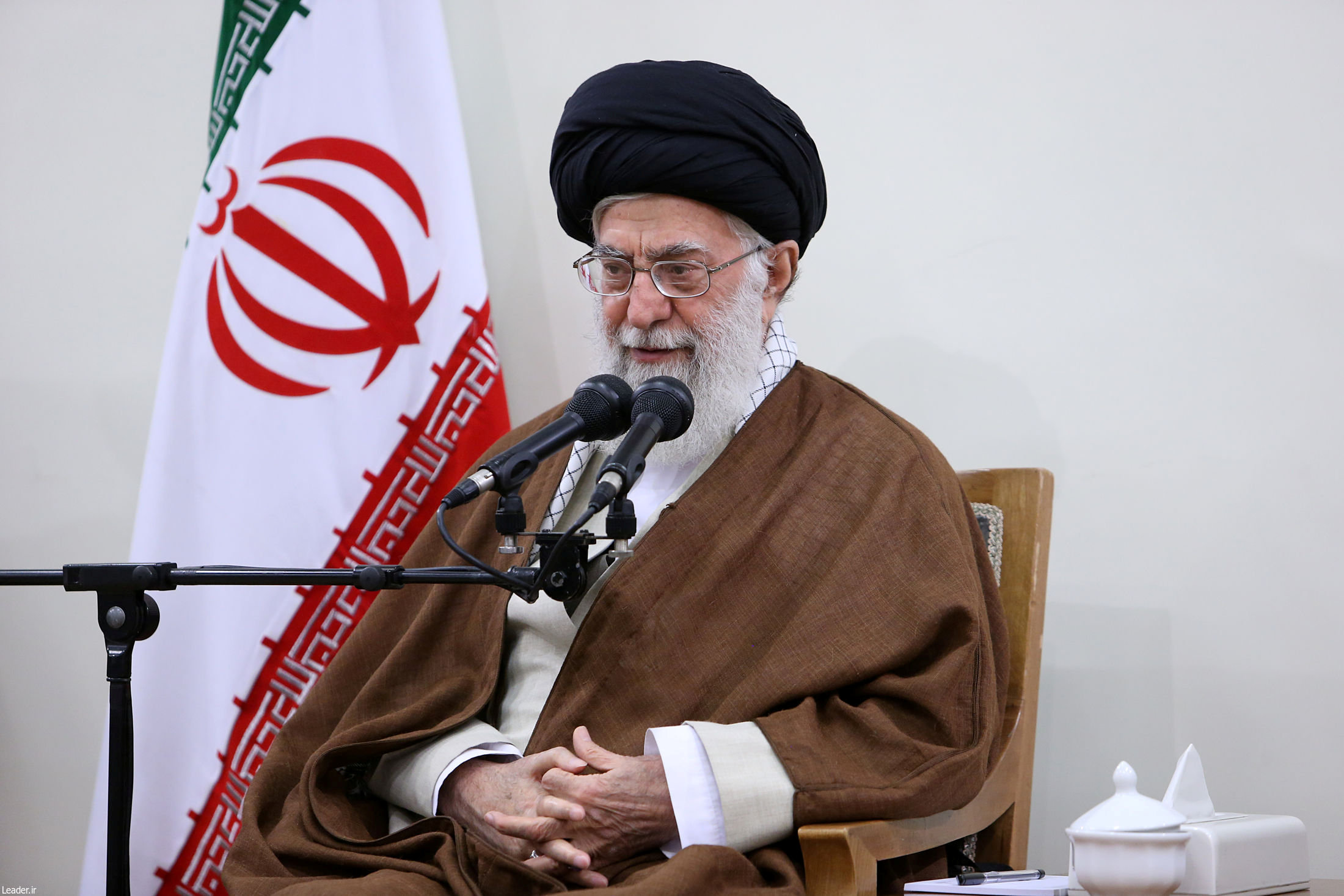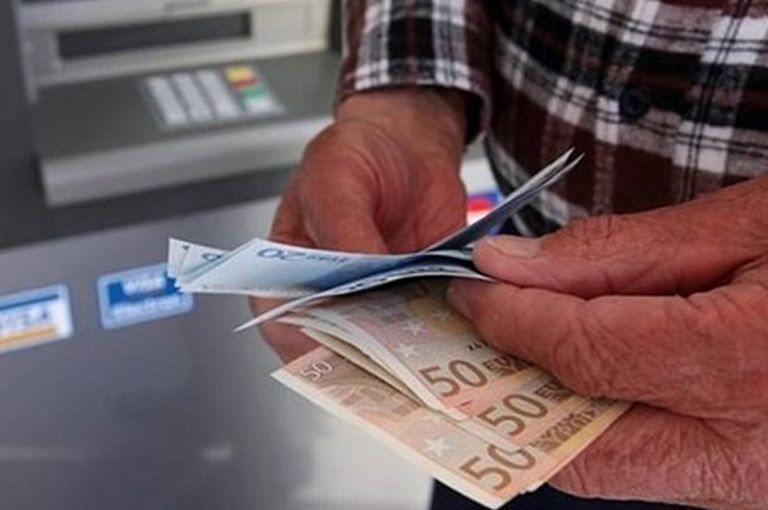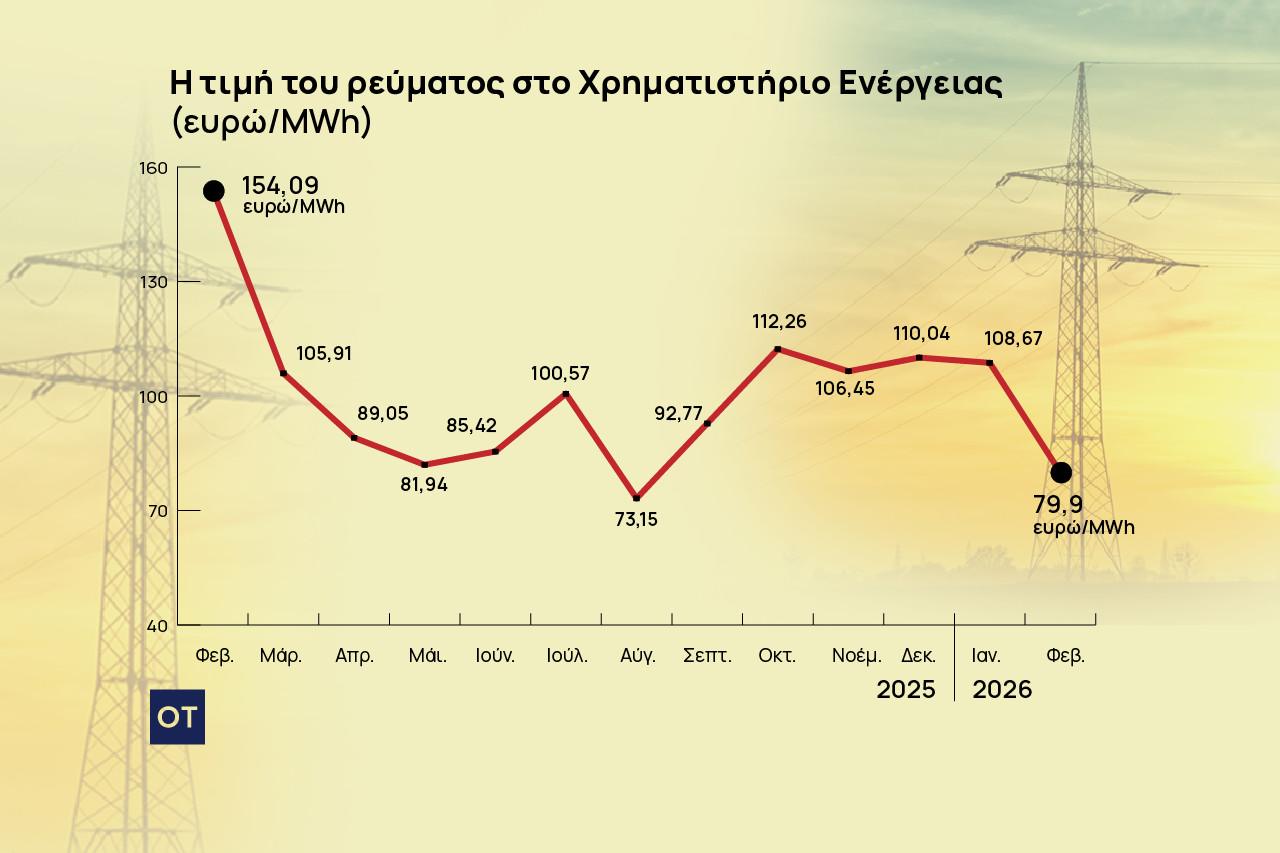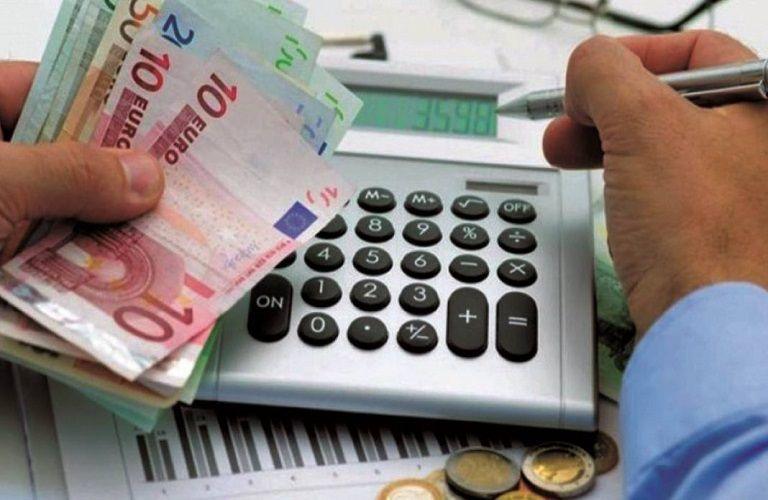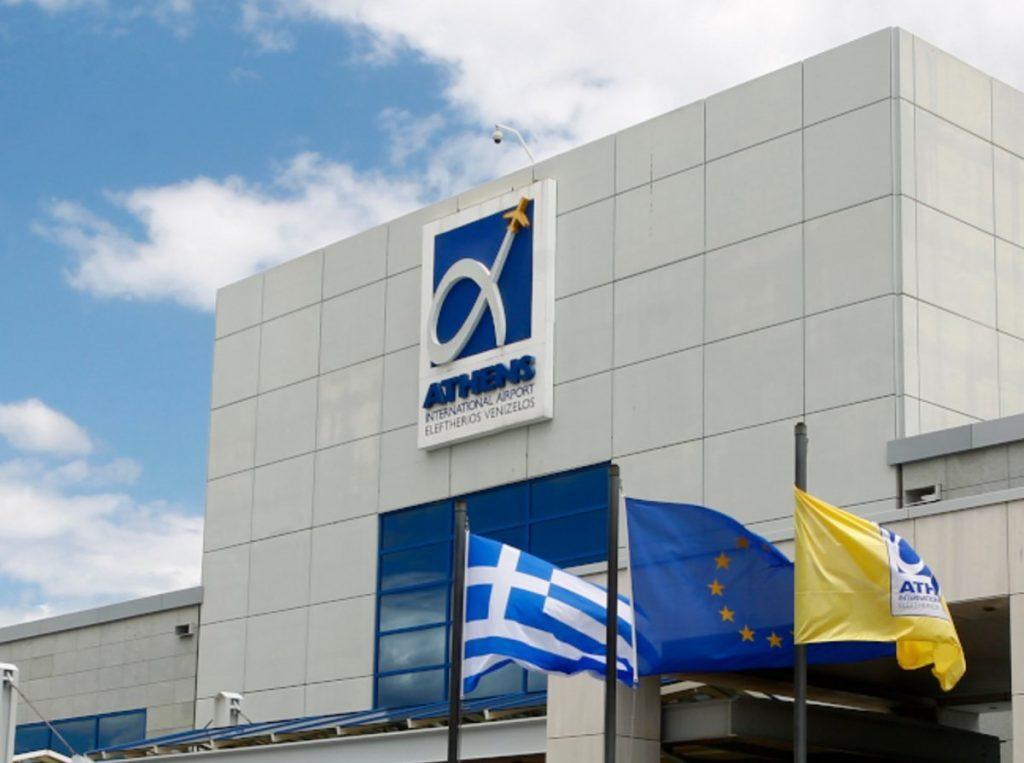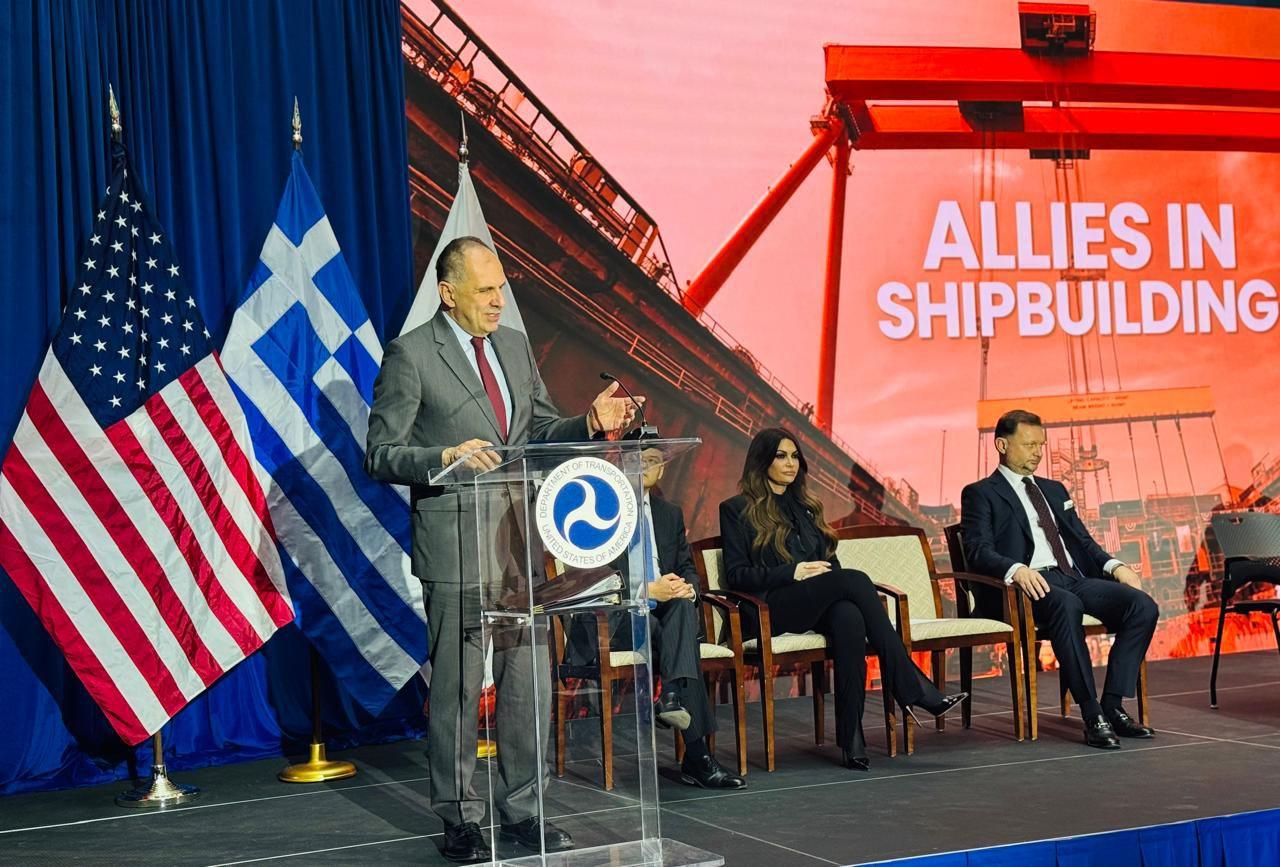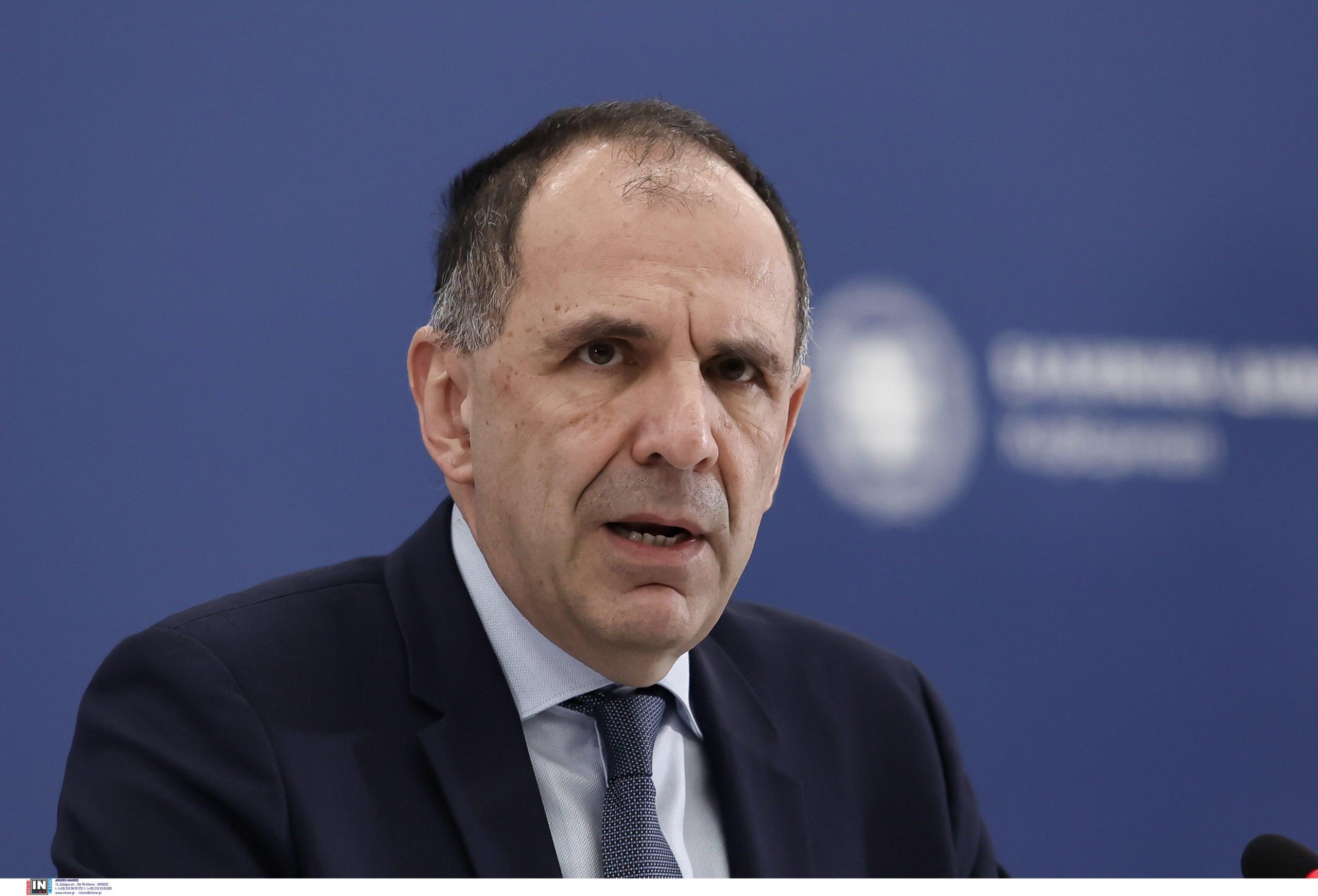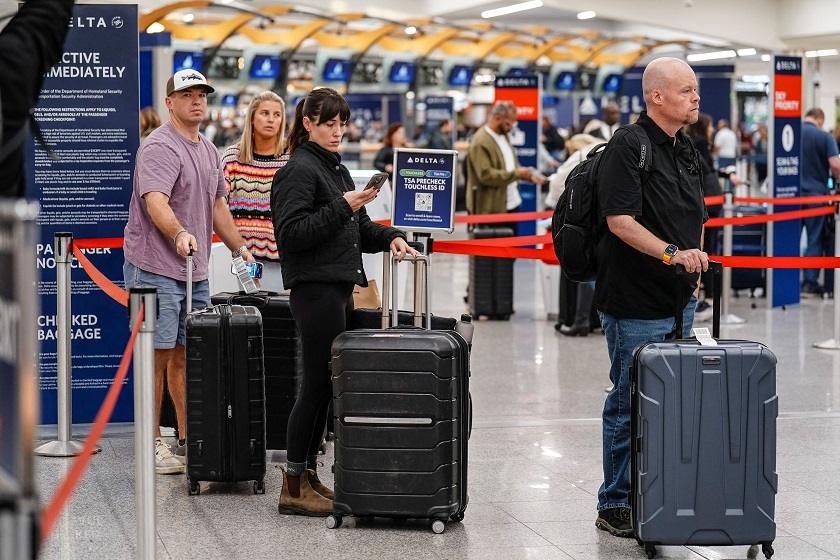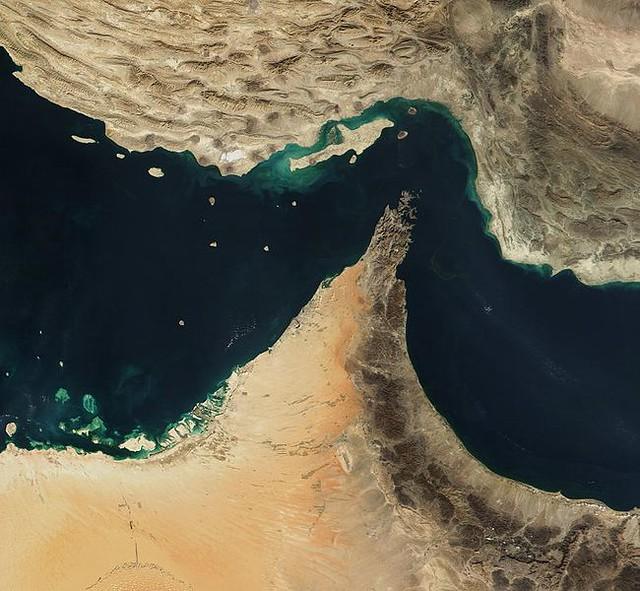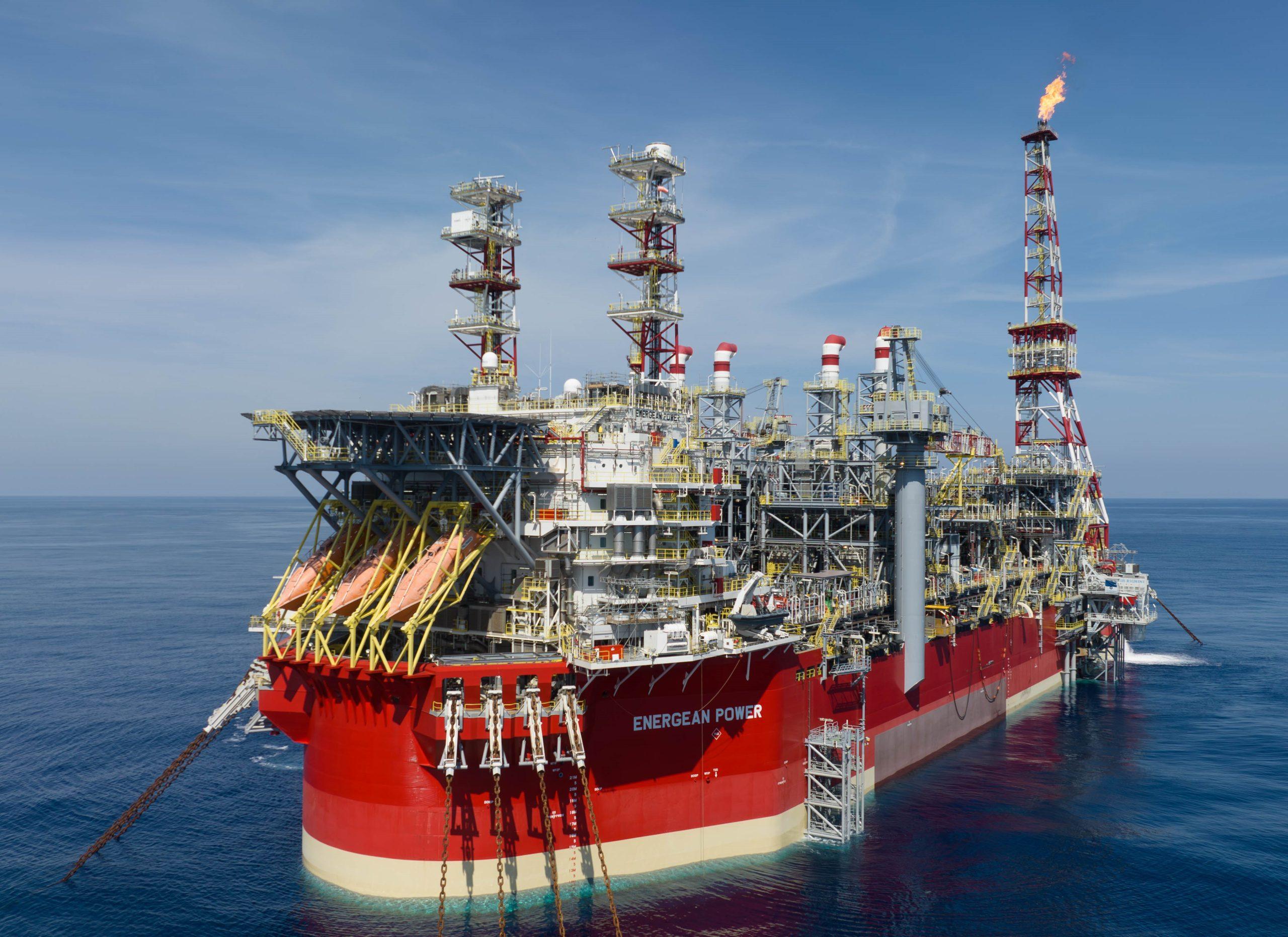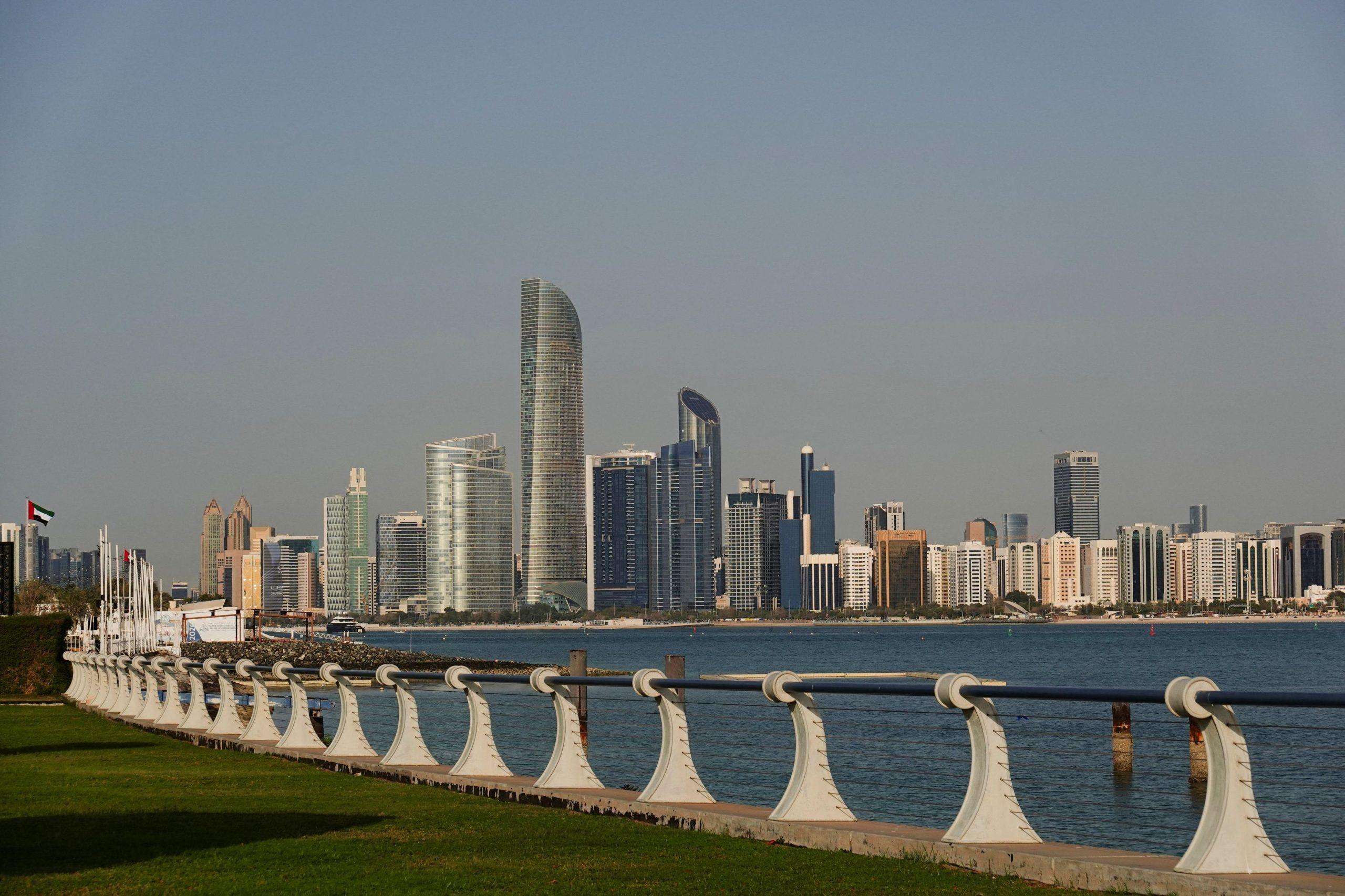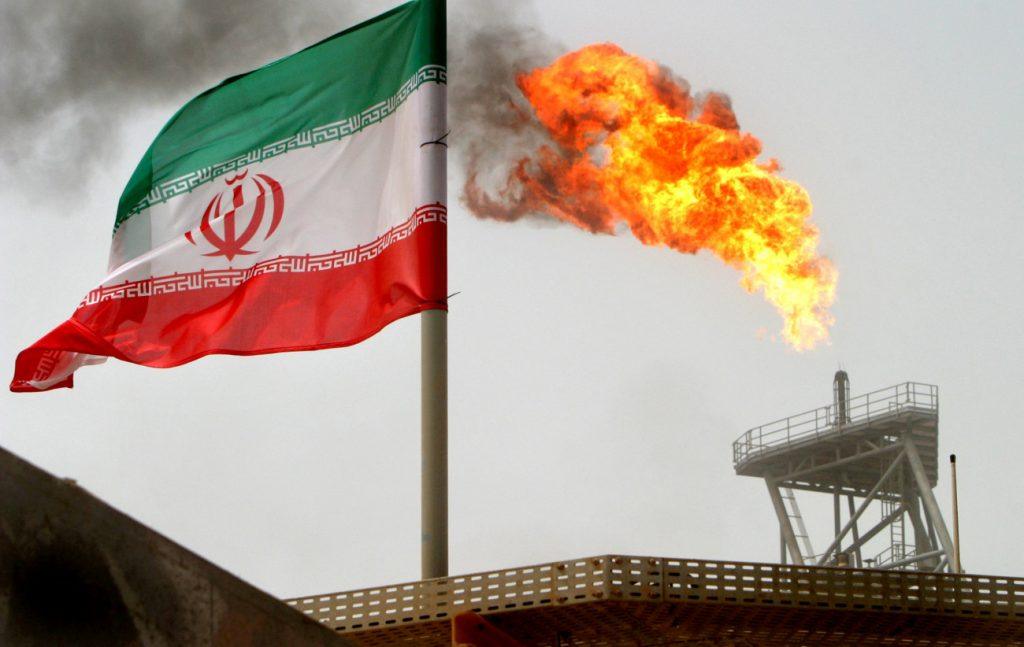Greek Prime Minister Kyriakos Mitsotakis announced a “mixed bag” of looser state “purse strings” in tandem with better performance and diligence by the latter in dealing with natural disasters, as the “honeymoon” after his party’s landslide election last June has evaporated quickly due to a handful of devasting wildfires, wide-spread flooding in central Greece this month and persistent cost-of-living hikes.
Mitsotakis spoke on Saturday evening during a customary state-of-the-economy address at the annual Thessaloniki International Fair (TIF), with the natural disasters over the last three months generating more attention to this year’s statements than previous years.
In focusing on the flood-ravaged Thessaly plain, Greece’s bread-basket, Mitsotakis said “…our first priority is to help the citizens in flooded areas, to support businesses, farmers and stockbreeders. The first payments began yesterday.”
He added that reconstruction of damaged infrastructure is an urgent priority, while he underlined that the Thessaly province, as a whole, has faced water management – such as alternating droughts and flooding – for decades. As such, he announced the establishment of a water management entity for the entire plain, under the auspices of the infrastructure and environment ministries.
Another radical – by modern Greek standards – measure he cited was the prospect of enacting legislation to make property insurance mandatory for large to medium-sized businesses in certain regions, with 10 percent of the insurance costs deducted from annual property taxes.
On the spending side, Mitsotakis began by saying his government will never compromise fiscal stability, something he said led to the painful bailout era (2010-2018), before he announced pay increases for public sector employees – to the tune of 10.5 percent, as of Jan 1, 2024.
He qualified the higher spending by saying it was the first such pay hike in Greece’s public sector in 13 years.
Other spending and stimulus measures, as he announced, were a new increase in the minimum wage, as of April 2024; subsidies to keep the price of basic products stable; pension hikes and continued subsidies for heating oil and electricity for eligible low-income consumers.
Turning to the subject of “law and order”, traditionally a preferential “playing field” for his conservative New Democracy (ND) party but one where his government has attracted heightened criticism and perceived voters’ disapproval, due to a string of violent crimes and perceived laxity in deflecting a surge of illegal migration, Mitsotakis promised better public safety and specific measures.
Specifically, he announced an extension of a border fence in Evros prefecture, on the land border with Turkey; the reassignment of roughly 2,500 police officers back to active duty, as opposed to protecting VIPs and state officials; penal code revisions to foresee jailtime after a first instance conviction for misdemeanor offenders whose offenses cost lives and lost property; stricter prison sentencing guidelines, and, foremostly, accelerating court proceedings and the issuance of verdicts and decisions – another long-standing problem plaguing the country.
Speaking before the Greek prime minister was his Bulgarian counterpart Nikolai Denkov, as Bulgaria is the honored country at this year’s 87th TIF.
“Greece is not alone” in dealing with natural disasters, Denkov said, adding that both countries have witnessed the worst possible consequences of the climate crisis.
He specifically mentioned victims of floods in Bulgaria, pointing out that Bulgaria and Greece face similar problems, such as flooding and wildfires, the reason why cooperation is necessary.
Denkov also praised Mitsotakis for transforming Greece into an attractive destination for foreign investments as well as a popular investment destination for his country.
In terms of specific projects, he cited the IGB interconnector natgas pipeline between Greece and Bulgaria, which “constitutes a clear example of a strategic, long-term investment with a wider regional scope”, as well as a LNG terminal off the extreme northeast Greek port of Alexandroupolis, in tandem with a proposed crude pipeline to connect Alexandroupolis with the large refinery in Burgas, on the Black Sea.
